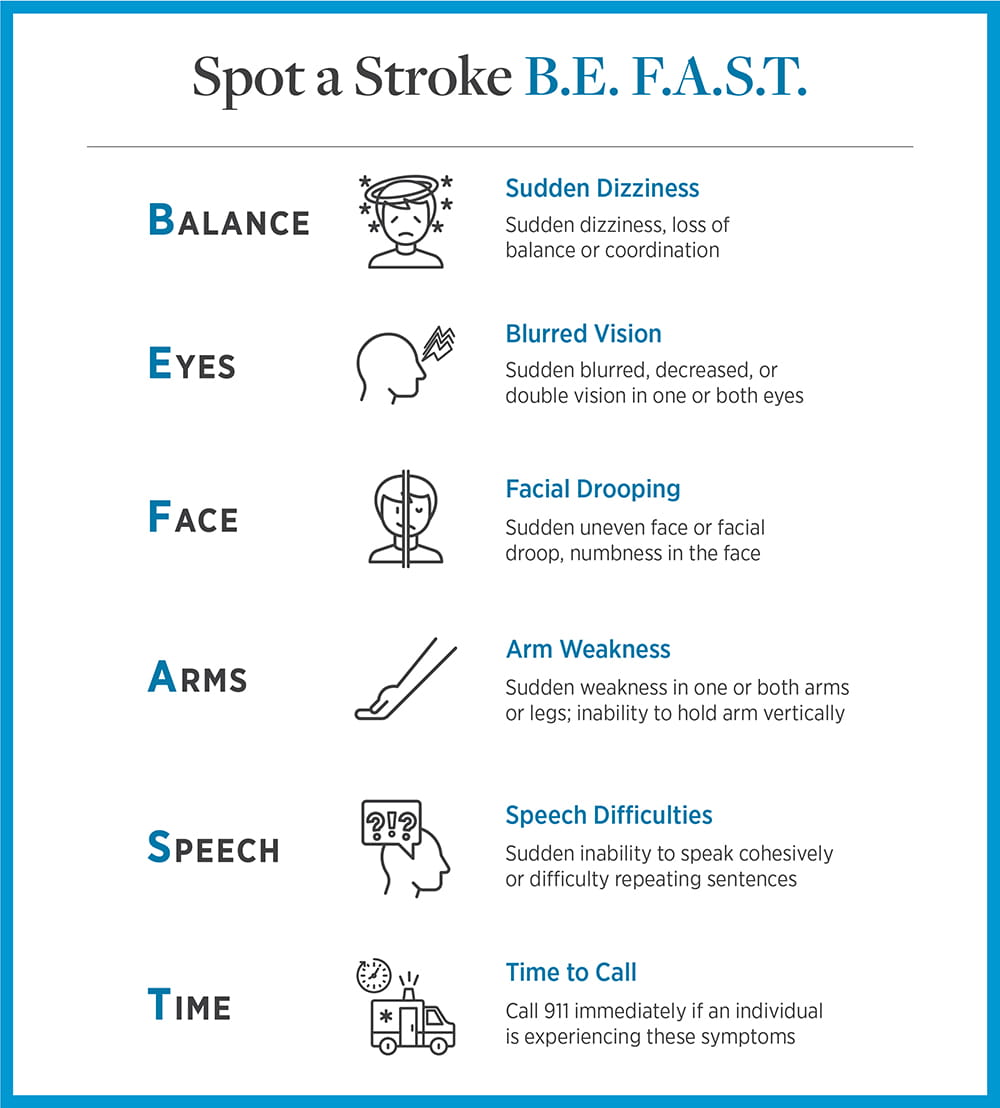How to manage your risk factors for atrial fibrillation

It's normal for the heart to skip a beat every once in a while—perhaps because of nerves or even falling in love. But when your heart frequently skips a beat, that's known as an arrhythmia, and it can be dangerous.
One of the most common heart arrhythmias is atrial fibrillation (AFib). With this condition, the upper chambers of the heart don't beat strongly enough. In fact, AFib decreases the heart's ability to pump efficiently by up to 30 percent. As a result, blood is not pumped forcibly into the lower chambers. "This is a lot less efficient because the top and bottom chambers of the heart are not beating in sync," explains Colleen M. Hanley, MD, an electrophysiologist at Lankenau Heart Institute, part of Main Line Health.
As a result, blood pools in the heart. This can lead to blood clots, which can travel to the brain and cause a stroke.
Who's at risk for AFib?
AFib can occur in anyone, but there are some common risk factors for atrial fibrillation:
- Age; the older you are, the greater your risk
- High blood pressure
- Diabetes
- History of heart attacks and other heart disease
- Sleep apnea
- Excessive alcohol use
- Obesity
AFib is more common in men, but women are more likely to have a stroke because of a higher tendency to form blood clots.
Getting the right treatment
Many people aren't in tune with their heartbeat. "Often, you don't really notice your heart beating or if it's beating irregularly," Dr. Hanley says. Sometimes, AFib has no symptoms. Other times, people may feel an erratic heartbeat, lightheaded, fatigued or short of breath.
If you have AFib, there are medications that can help prevent blood clots. There are also procedures to put your heart back into its normal rhythm. Whether or not you experience symptoms, AFib should be monitored by a cardiologist to manage your risk for complications. "Proper treatment of AFib is the best way to reduce the risk of stroke," Dr. Hanley says. It can also reduce your risk for heart failure, which can occur when AFib is not controlled by lifestyle changes or medication.
Dr. Hanley recommends knowing the warning signs of a stroke and acting as quickly as possible if you or someone around you is experiencing one. A fast response offers the best chance at a full recovery. To help you remember the signs of stroke and recognize it quickly in yourself or someone else, remember to BE FAST.
- Balance issues, headache or dizziness
- Eyesight is blurry or darkened
- Face drooping on one side
- Arm or leg weakness
- Speech difficulty
- Time to call 911

If you have questions related to your heart health or would like more information about the Main Line Health Women's Heart Initiative, our team of cardiologists and support groups, please call 484.476.3WHI (484.476.3944) or use our secure online appointment request form. Main Line Health is also a proud sponsor of the American Heart Association's Go Red For Women campaign.
Next steps:
Make an appointment with Colleen M. Hanley, MD
Learn about heart and vascular care at Main Line Health
Different types of heart murmurs—and what yours is telling you
 Content you want, delivered to your inbox
Content you want, delivered to your inbox
Want to get the latest health and wellness articles delivered right to your inbox?
Subscribe to the Well Ahead Newsletter.
